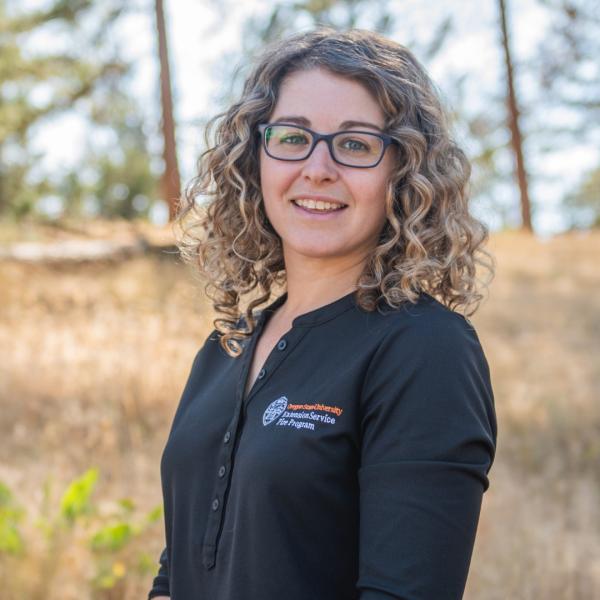
Oregon State University – Cascades’ Science Pubs return on Sept. 28 with a presentation that will explore the variety of fungi in Central Oregon and the important role they play in forest health.
The talk, by Ariel Cowan, an assistant professor of practice with OSU Extension in Deschutes County, marks a new era for the popular, 14-year-old series. Science Pubs, which had been held in venues throughout Central Oregon until now, will move to the OSU-Cascades campus.
“The energy brought by a new academic year, the dynamic spaces in Ed Ray Hall, and our talented dining team has made the timing right to invite community members to campus for events like Science Pubs,” said Blair Garland, chief marketing and engagement officer at OSU-Cascades.
Cowan has extensive experience in mycology as a biologist, researcher, forester and wildland firefighter. She is a regional fire specialist with the OSU Extension Service. Cowan’s presentation will include an exploration of fungal communication networks, how fungi can help forests recover from fire and the surprising story of the largest fungus in the world, located in the Malheur National Forest.
The Science Pub will take place from 5:30 to 7:15 p.m. in the Charles McGrath Family Atrium in Edward J. Ray Hall. Doors open at 5:30 p.m. for networking and dining, with the presentation to follow at 6 p.m.
Registration is required and on-campus parking is free. The event is $22 per person, which includes a light, pub-style, pre-lecture dinner by OSU-Cascades’ Edge Catering. The no-host bar will offer beer, wine, cider and soft drinks.
To register, visit OSUcascades.edu/event-registration. Space is limited to 100 attendees.
For accommodations for disabilities contact 541-322-3100 or events@osucascades.edu.
About OSU-Cascades: Oregon State University’s campus in Bend brings higher education to Central Oregon, the fastest growing region in the state. Surrounded by mountains, forest and high desert, OSU-Cascades is a highly innovative campus of a top-tier land grant research university, offering small classes that accelerate faculty-student mentoring and experiential learning. Degree programs meet industry and economic needs in areas such as innovation and entrepreneurship, natural ecosystems, health and wellness, and arts and sciences, and prepare students for tomorrow’s challenges. OSU-Cascades is expanding to serve 3,000 to 5,000 students, building a 128-acre campus with net-zero goals.